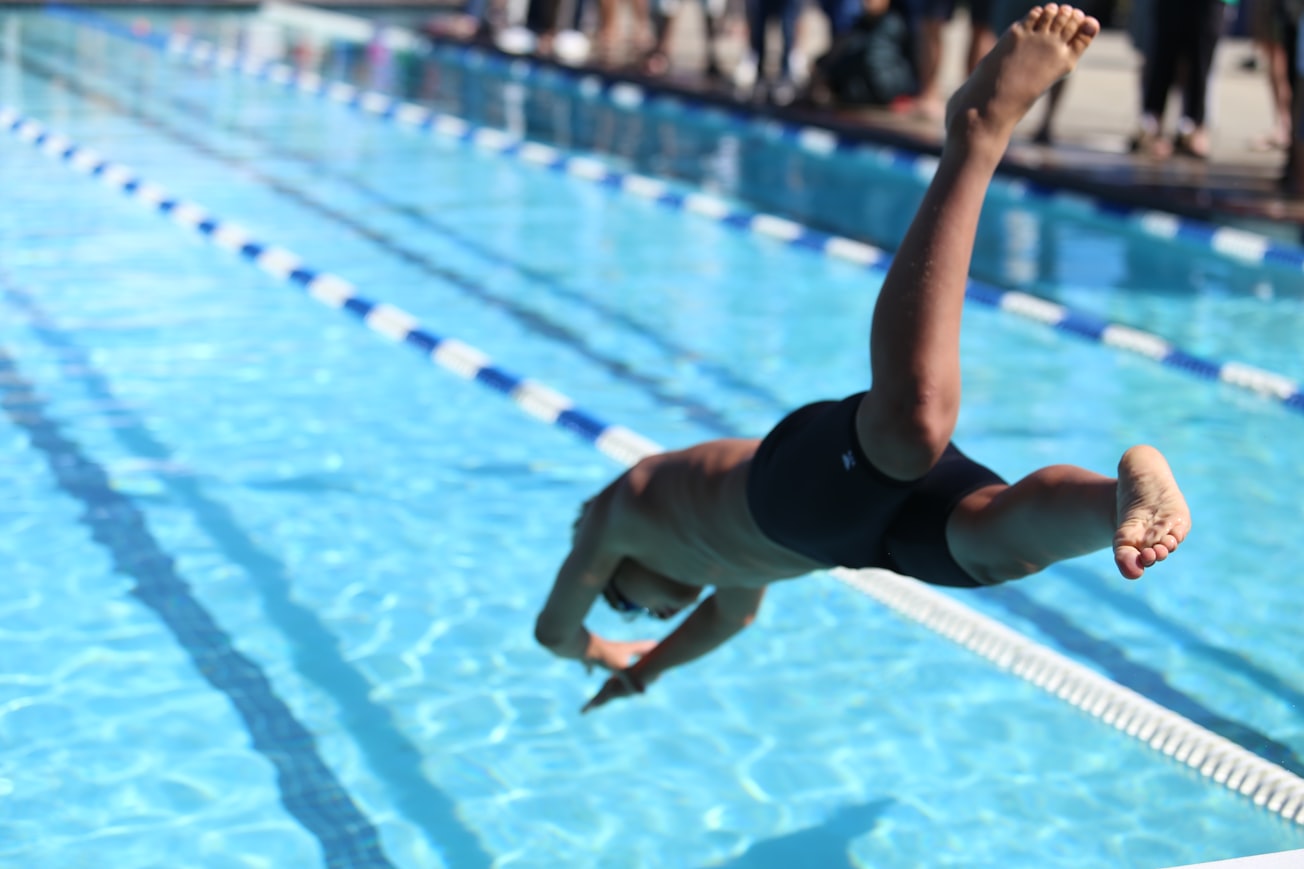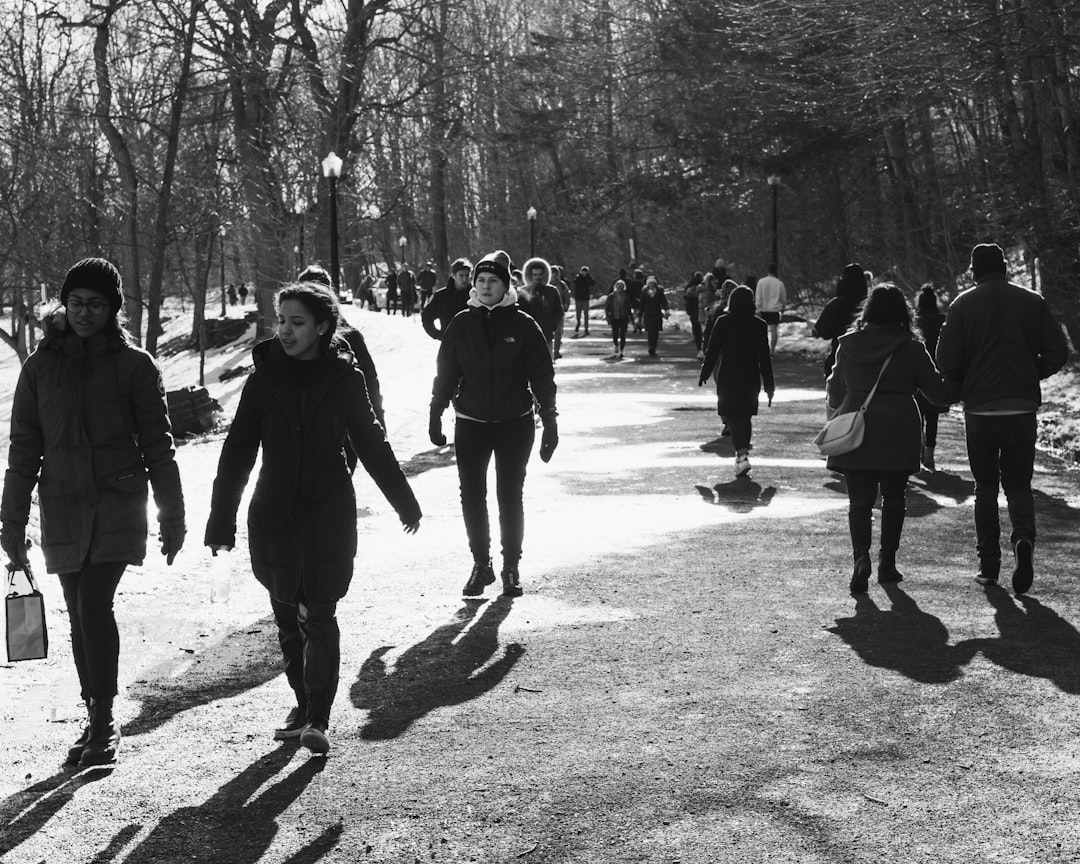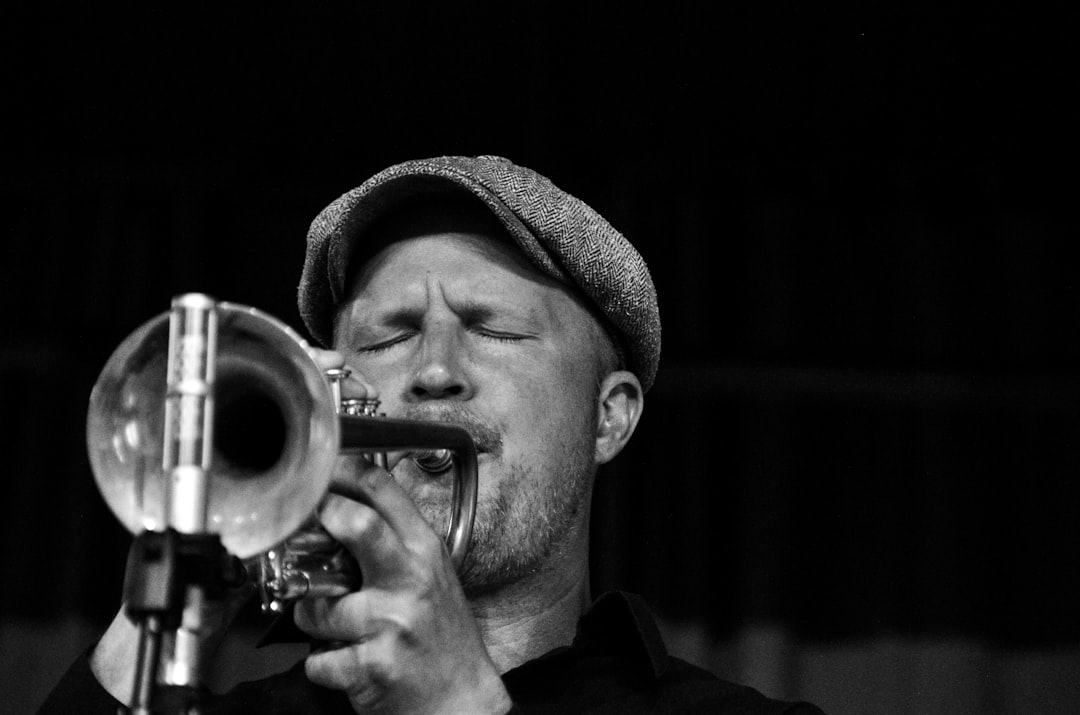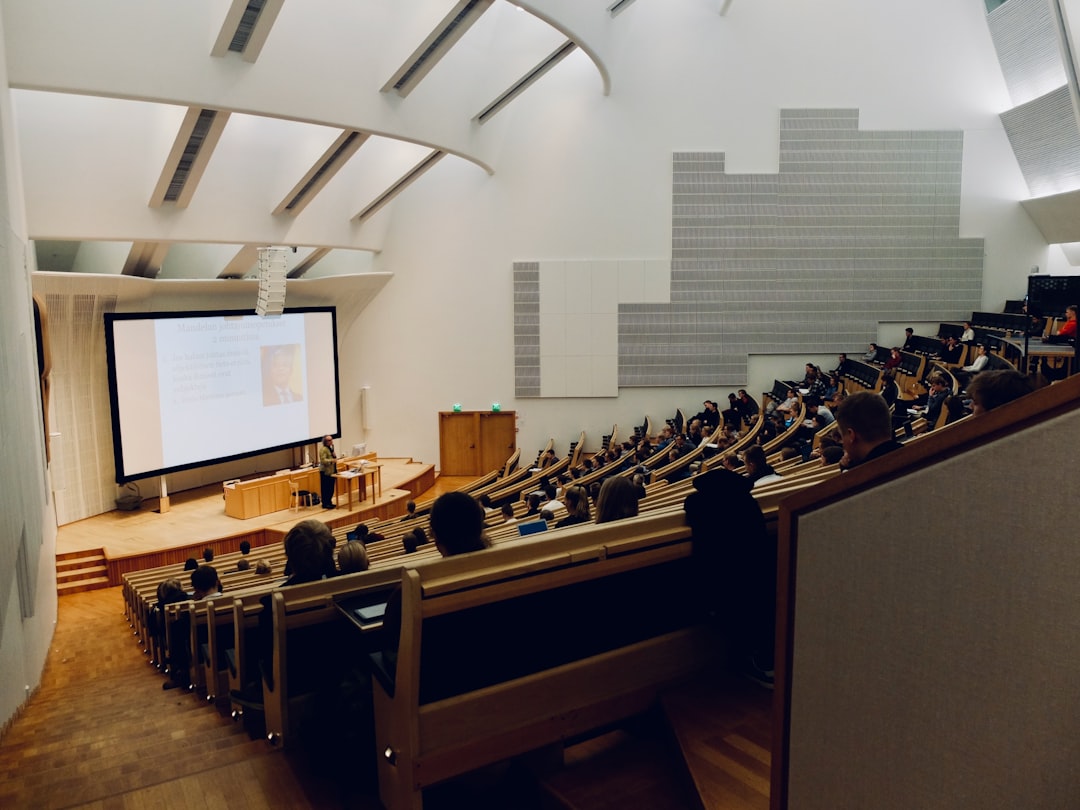What is it about?
The work is a personal, autoethnography of the lead author's experiences as a women coaching amongst the cultural space of British swimming. To move beyond simply explaining the career stages, the lead author, Louise, offers a personal and evocative story as to how she navigated her way through each phase of entering into coaching after an athletic career, to then excelling and reaching the very pinnacle of the sport when coaching at the London 2012 Olympics and other international competition in both para and able bodied swimming.
Featured Image

Photo by Brian Matangelo on Unsplash
Why is it important?
Elite level coaches are dominated by men. Very few women have broken through this barrier in what has been called a 'glass' or 'concrete ceiling'. Those women who do reach the very top are often stigmatised for several reasons. Therefore, rather than continuing to dwell on the reasons which prevent women from reaching the upper echelons of coaching, Louise offered a detailed account as to how she navigated her way through this career trajectory. In doing so, multiple barriers were noted but strategies on how she overcame these were also recorded. These strategies left a long-lasting effect on her identity as a women, coach and person which can indicate as to why women are perpetually under-represented in elite sport coaching roles. The conclusions offered in this paper are intended to offer strategies for individuals and supporting organisations to employ more equitable and meritocratic procedures with sport coaching and its educational environments.
Perspectives
Working with and supporting Louise on this project was a privilege. Louise having the openness and bravery to detail her life story in such a way is a rarity. I felt incredibly fortunate to support her on this part of her career pathway whilst enrolled onto the MSc Sports Coaching award at Staffordshire University. Louise revealed some very evocative personal stories throughout this project which was inspiring. Importantly, however, these stories offer theoretical advances on how women can and are deterred from pursuing a career in sport. The lessons I learnt and the subsequent recommendations we can offer have shaped my future coach education delivery but also Louise's views on coach mentoring as she transitions into undertaking more of this. We hope that these lessons can be taken into other sport coach environments throughout the UK but also further afield.
Dr Alex D Blackett
Staffordshire University
Read the Original
This page is a summary of: ‘Coach, or female coach? And does it matter?’: An autoethnography of playing the gendered game over a twenty-year elite swim coaching career, Qualitative Research in Sport Exercise and Health, August 2021, Taylor & Francis,
DOI: 10.1080/2159676x.2021.1969998.
You can read the full text:
Contributors
The following have contributed to this page










